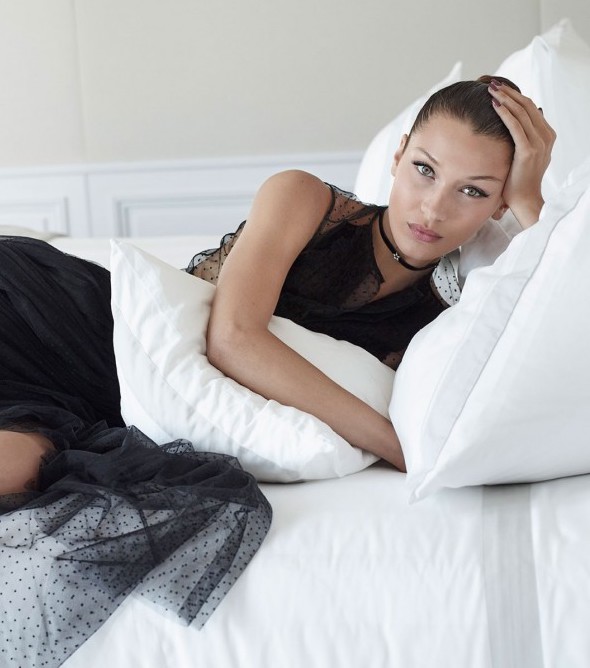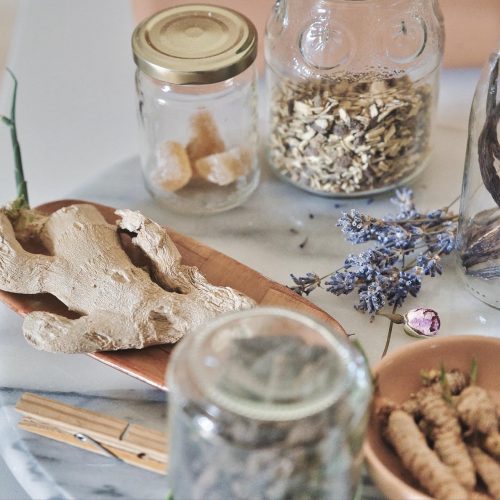From stress to our do-it-all lifestyles, and add in to that the scorching summer heat, our sleep patterns can easily get disturbed, which in-turn affects our productivity and happiness the following day.
It goes without saying that the key to happiness is often good health, and a large part of that is looking after our body and responding to what it needs (which may not always be coffee).
Alongside a healthy diet and regular exercise, alter your sleeping habits with these top tips and you will soon notice a change to both body and mind.
Control bedroom temperature
Especially with the weather’s current unpredictable changes, it is important that your body has consistency in temperature as part of your overall sleeping pattern. Not too hot, not too cold. Simple adjustments can be made to ensure this – lighter sleepwear and duvets, open windows, or a fan, with a glass of water beside your bed. One study found that too much heat actually affects sleep more than too much noise. Not only does temperature decrease your quality of sleep, but it also increases wakefulness. According to Healthline, the average comfortable temperature for sleeping is approx.70°F (20°C), although this can adjust due to habits and your body’s personal preference.
Have quiet background noise
Whilst noise is typically discouraged in our attempt at getting a deep night’s sleep, I have found that quiet background noise can help especially if you are an anxious sleeper. Having an instrumental Spotify playlist, chill radio show or even the shipping forecast (a strange but highly common trend in falling asleep) can be comforting and decrease feelings of isolation. However, try not to have your phone right beside you – turn off notifications, and hide it under your pillow or on a bedside table if you have one.
Don’t consume caffeine in the evening
Whilst this may seem obvious, it can be hard for a coffee-lover to accept. Caffeine does have numerous benefits such as improving energy levels, however when drank at night it can stimulate the nervous system and prevent you from relaxing, including altering your breathing which is key to falling asleep. As an alternative, try decaffeinated coffee a few hours before bed, or a relaxing tea like chamomile, mint or nettle.
Reduce blue light exposure
During the day it is important to be exposed to bright light as it helps to regulate your body clock or circadian rhythm. However at nighttime, it has the opposite effect on your body by reducing happy hormones like melatonin, which is key to relaxing. Blue light is especially strong in electronic devices. An app I find very beneficial is , which reduces the blue light on your computer once the sun sets (instead emitting a calming, orange-tinted light). Also, try not to watch TV just before you go to bed.
Try to wake at regular times
Developing a regular sleep pattern is key to a healthier and happier sleep. Sometimes setting an alarm isn’t always helpful – if you’re a heavy sleeper, it may not wake you up, and if you are a light sleeper, it can be quite anxiety inducing. Trust your body – if you start waking up at a regulated time, your body will wake up at that time. If you find yourself waking up very early, it is usually good to start the day early, instead of simply lying there or scrolling through your phone (possibly the worst way to start the day). Do an early gym session or go on a run, or try some meditation – do something good to your body, so you will be feeling refreshed before your workday starts.









